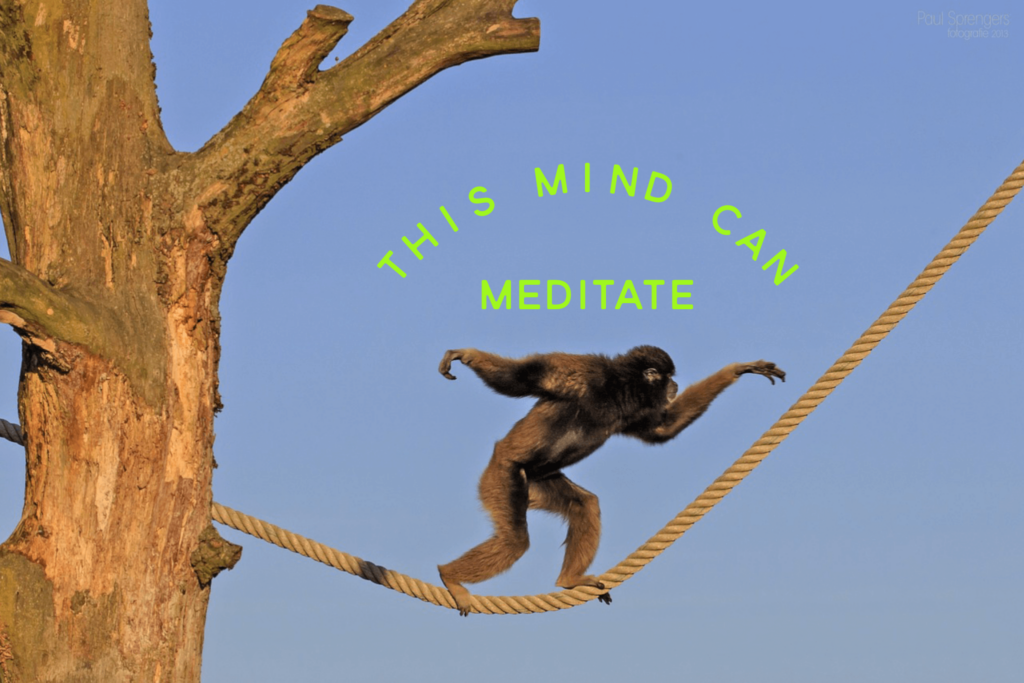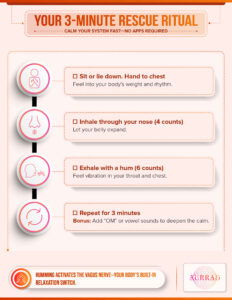Do you often find yourself unable to meditate because your mind constantly jumps from one thought to another? You’re not alone. Many people struggle with this issue, believing that meditation is out of reach for those with restless minds. However, psychologists confirm that meditation is not only possible but highly beneficial, even for those with short attention spans.
Understanding the Challenge
- Mindset Matters: The first step is recognizing that what you tell yourself about meditation is crucial. If you believe you can’t do it, you’re already setting up a barrier.
- Meditation as Practice: It’s essential to understand that meditation is a practice, not a perfect state achieved overnight. Even seasoned practitioners continue to work on quieting their minds.
- Brain Plasticity: Our brains have the ability to change and adapt, a concept known as neuroplasticity. This means that with practice, you can rewire your brain to focus better and calm the mind.
Evidence of Change
Witnessing individuals with conditions like Limbic Impairment disorder, where significant improvements occur through meditation and other conditioning activities, underscores its transformative potential.
Practical Steps to Start Meditating
Here’s a guide to help you get started and sustain a meditation practice, even with a wandering mind:
- Change Your Inner Dialogue: Stop telling yourself that meditation is beyond your reach. Instead, approach it with an open mind and willingness to learn.
- Start Small: Begin with short, guided meditations. For instance, try a 15-minute Sound Bath & Meditation session every Monday to ease into the practice. Or a recorded 5 minute video/audio recording.
- Find a Focal Point: In guided meditations, the instructor’s voice serves as a focal point. In silent meditation, focus on your breath or the sound of ambient noises.
- Non-Judgmental Awareness: When your mind inevitably wanders (and it will), gently notice it without judgment. Guide your attention back to your chosen focal point, just as you would guide a child gently back on track.
- Persistence Pays Off: Like any skill, meditation improves with consistent practice. Over time, you’ll find it easier to stay present and focused during meditation sessions.
Compassion and Consistency
Above all, be kind to yourself throughout this process. Speak to yourself with the same patience and encouragement you would offer to a loved one learning something new. With persistence and self-compassion, you can gradually calm the monkey mind and reap the profound benefits of meditation in your daily life.






